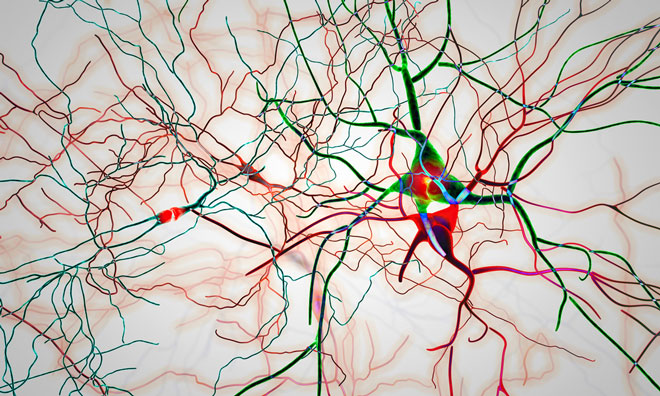NICE publishes new Parkinson’s clinical guidance
Posted: 21 July 2017 | Niamh Marriott (European Pharmaceutical Review) | 1 comment
Parkinson’s disease is one of the most common neurological conditions, affecting an estimated 130,000 people in the UK, with an annual incidence of around 15-20 per 100,000. It mainly affects people aged 50 or over.


The National Institute for Health and Care Excellence (NICE) has published its updated clinical guideline on Parkinson’s disease.
The guideline updates some aspects of NICE’s previous guideline on the treatment of Parkinson’s disease published in 2006. This includes the addition of a section on managing and monitoring impulse control disorders (for example, compulsive gambling, hypersexuality, binge eating and obsessive shopping) that are sometimes the result of dopaminergic therapy, a common treatment for Parkinson’s disease.
New drug recommendations
The guideline also includes new recommendations about drugs for managing motor and non-motor symptoms of Parkinson’s disease, managing Parkinson’s disease dementia, referral to occupational and speech and language therapy, and nutritional support.
The updated guideline also recommends that NHS England reviews its clinical commissioning policy for levodopa-carbidopa intestinal gel (duodopa – a gel that goes through a pump and a tube into the gut) in light of this guidance. This is because the intervention is very expensive in relation to its benefits and the committee concluded that it is not a cost effective use of NHS resources.
Dopamine loss
Parkinson’s disease is an incurable neurodegenerative brain disorder that progresses slowly in most people. It affects movement, muscle control and balance. It can also cause depression, cognitive impairment and dementia. The disease happens when the brain slowly stops producing a chemical neurotransmitter called dopamine. Dopamine relays messages to the parts of the brain that control movement. With less and less dopamine, a person has less and less ability to regulate their movements, body and emotions.










Hi Niamh ,
In your article you say that Parkinson’s mainly affects people over 50 – although statistically correct it needs clarification as there are many people in their 20’s , 30’s and 40’s who get Parkinson’s including me . I was 8.
The impulse control disorders predominantly affect these younger age groups